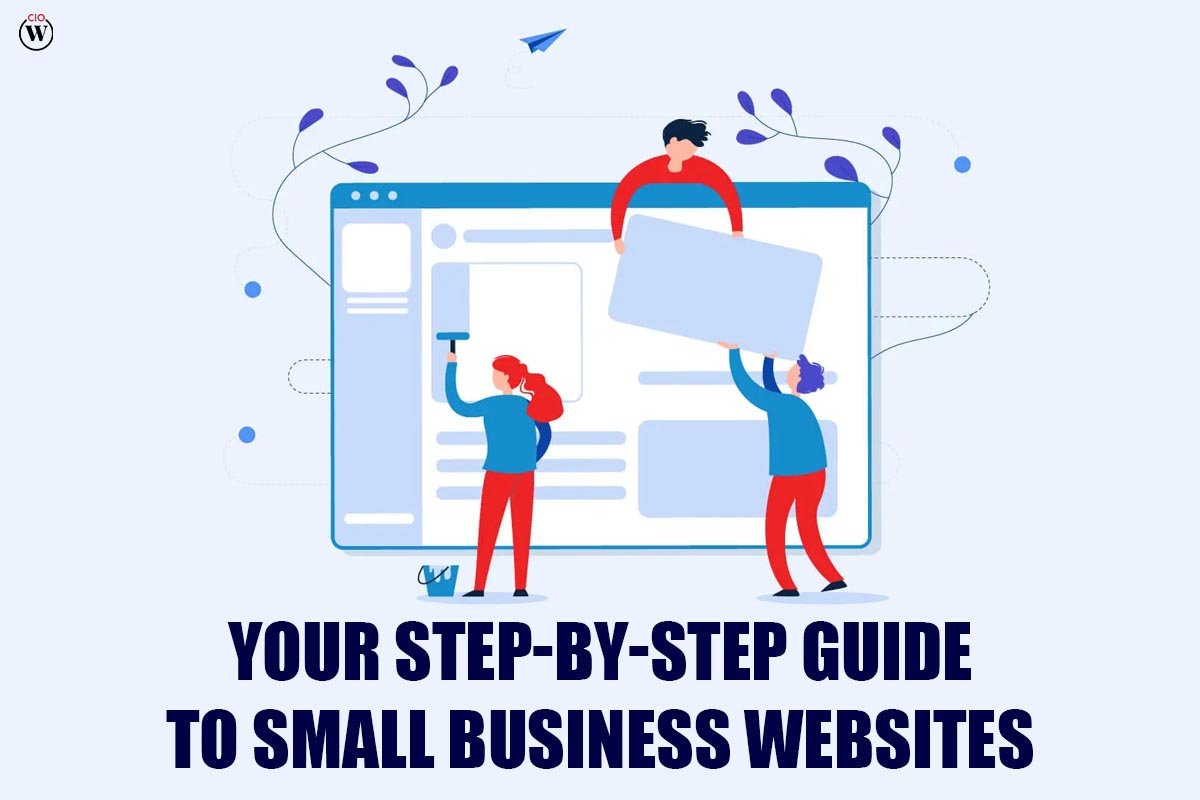Creating your very own business is an excellent idea. However, few people realize how much goes into starting a business. From the legal structure to insurance, there are hundreds of things that you need to consider.
Unfortunately, many people will jump into a business in the deep end, only to learn they have not fully prepared themselves. This might be because they didn’t make a business plan or set goals, they didn’t realize how much time, energy, and money goes into a business, or simply because there was not enough demand for their idea. The last thing you want to do is go forward with a company and it turns out to be a flop.
It is therefore vital that you take some time to research your business idea, make a solid plan, and consider what is expected of you. This will help you hit the ground running and ensure your business gets off to a good start.
To help you on your journey to starting a new business, here are some top things that you need to consider in depth. Make sure you can answer all of these questions and be happy with your response.
Why are you starting a business in the first place?
You must identify why you are starting a business in the first place. This could be for money, security, freedom, or passion. There is no right answer, but it can be helpful to know. This will help you to stay motivated when you are having a tough day with your business (which is inevitable) and it will help you to identify your strengths and weaknesses. If you are starting a business out of passion, you may need someone on your team who is money-driven to help drive profitability. If you are starting a business for money purposes, then you may consider a team member who is passionate about the business area and has a lot of experience and knowledge.
Are you committed and motivated to see the business through?

Businesses are a long-term investment, not just of money, but of time and energy too. You can’t spend a little time on a business and expect it to get off the ground, run by itself, and be successful. Even as it grows and becomes profitable, your responsibilities will change but they will never stop or slow down. You need to consider if you are in this for the long run and ensure you are committed and motivated to see this through. You will need discipline.
Is your business idea valid and in demand?
You might have the most brilliant business idea, but if it is not in demand or you have not validated it through research, then you cannot expect your business to be successful. You need to conduct thorough industry and market research to ensure that the time, product, and service are all aligned. This will help you create and grow a successful business, and not waste time, energy, or money.
What type of business will you create?
Once you have a good idea and are motivated to start your business, the next important step is deciding the legal structure of your business. Some people decide to go self-employed and go at it alone, and keep it small. Others strive to create a non-profit business.

There are many structures to choose from if you decide otherwise. These include:
- Corporation
- Limited company
- Partnership
The right one will depend on the structure and operations of your business. You should check with a legal professional which one is compliant and most appropriate for your business. This will impact how you run your business, what compliance rules you must follow, what tax you pay, how you pay it, and more.
How will you raise and manage your finances for your business?
The finances of any business are really important and should be considered long before the business is started. Finances will not only fund your business idea, but it will keep it afloat. You will need finances for product development, hiring employees, creating and running a website, marketing your business, upskilling your team, reinvesting back into your business, and more.
You first need to consider where the funds will come from to get your business off the ground. You then need to consider your first few years in business. You will need to create a forecast as this will help you to understand how your business will run. Most businesses make a loss in the first couple of years, so you need to plan for this, especially as you will need to cover expenses, employees, keeping the business running, and more. You may consider an accountant to help you forecast for your business, and to help you run your business.
If you build a non-profit business, then the financial aspect is going to be very different. This is because you may receive things like grants. You will need to consider where you will get the grants from, what the rules are around grants, how and when to apply for grants, and how to manage all the grants when they come into your organization. This means you may consider a professional to help advise you and utilize technology such as grant management software.
What plan will you put in place for your business?
Your business needs a solid plan in place if you want to set it up properly, stay compliant, and grow. You must consider how and when you will put a plan in place, what you need to research, what topics you must cover, and more. You mustn’t do anything until you have this plan in place. It will help you put all your considerations and research into one place, help you identify problem areas, set goals for yourself, and measure your progress. A business plan is something that you will use to start your business, but also to grow it. It is an important document you will always refer to.
A typical business plan would cover some of the following points:
- Business idea
- Target audience
- Products/services
- Marketing your business
- Financing your business
- Business structure
- How you will remain compliant with the laws
- Management
- Operations
- Employees
What goals and milestones will you set for your business?

You must consider your goals and milestones for starting a business. Without them, your business won’t have any direction and you will just be winging it. This will create an inefficient and unsuccessful business that wastes time, energy, and money. Goals and milestones will guide you on what to do and help you make smarter, more informed decisions. You will also have them to review throughout the year, so you can analyze whether you are on track or not. You can then see what is going well, what isn’t, and what changes you need to make in your business to get you on track and be successful.
What tasks and responsibilities will you handle yourself?
When you start a business, you should consider what tasks and responsibilities you are going to handle yourself. This will help you to decide what your role will be, and what other skills you will need to outsource or hire to help your business grow. It is normal to wear all the hats at first, but you should consider where you can invest to help your business grow. You cannot run everything by yourself.
Starting a business can be extremely challenging. Make sure you have considered these key points before you start your business.









